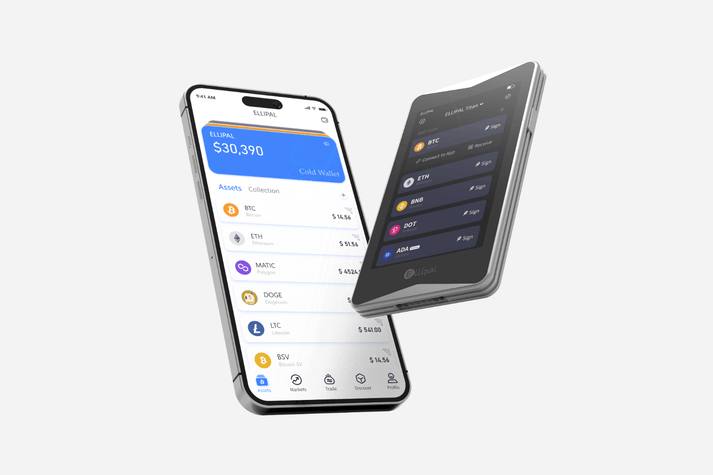In the rapidly evolving world of cryptocurrency, securing your digital assets is paramount. One of the most effective methods for achieving this is through a cold storage wallet. But what exactly is a cold storage wallet, and why is it essential for your cryptocurrency security?

What is a Cold Storage Wallet?
A cold storage wallet refers to a type of cryptocurrency wallet that is not connected to the internet. This offline status significantly reduces the risk of hacking and cyber theft, making it an ideal choice for long-term storage of digital currencies. Cold storage wallets can take various forms, including hardware wallets, paper wallets, and even physical devices that store your private keys securely.
Top 5 Cold Storage Wallets of 2023: Features, Pros, and Cons
When selecting a cold storage wallet, it is crucial to consider various factors such as security features, ease of use, and compatibility with different cryptocurrencies. Here are the top five cold storage wallets of 2023:
- Ledger Nano X
- Features: Bluetooth connectivity, supports over 1,800 cryptocurrencies.
- Pros: User-friendly interface, strong security features.
- Cons: Higher price point compared to other wallets.
- Trezor Model T
- Features: Touchscreen interface, supports over 1,600 cryptocurrencies.
- Pros: Open-source software, excellent security reputation.
- Cons: Limited mobile support.
- Ellipal Titan
- Features: Air-gapped security, QR code transactions.
- Pros: Completely isolated from the internet.
- Cons: Bulkier than other hardware wallets.
- KeepKey
- Features: Large display, supports multiple cryptocurrencies.
- Pros: Affordable price, easy to use.
- Cons: Limited cryptocurrency support compared to competitors.
- Paper Wallets
- Features: Physical printout of your keys.
- Pros: Extremely low cost, immune to hacking.
- Cons: Vulnerable to physical damage and loss.
Step-by-Step Guide: How to Set Up Your Cold Storage Wallet for Maximum Security
Setting up a cold storage wallet is a straightforward process. Follow these steps to ensure maximum security:
- Choose your preferred cold storage wallet from the options above.
- Purchase the wallet from a reputable source to avoid counterfeit products.
- Follow the manufacturer’s instructions to set up the wallet.
- Generate a new wallet address and backup your recovery phrase securely.
- Transfer your cryptocurrency assets to the cold storage wallet.
By following these steps, you can ensure that your digital assets are stored securely and protected from potential threats.
In conclusion, a cold storage wallet is an essential tool for anyone serious about cryptocurrency security. Whether you choose a hardware wallet like the or a paper wallet, understanding the features, pros, and cons will help you make an informed decision. Remember, the security of your cryptocurrency assets is in your hands.







